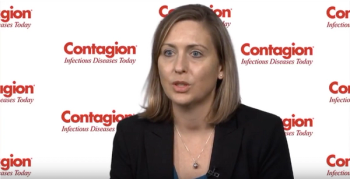
Colleen Kelley, MD, discusses the importance of keeping all populations on the HIV care continuum, especially those who are at a disadvantage.

Dexamethasone Slows Fungal Clearance, Results in Poor Outcomes in HIV-Associated Meningitis

Colleen Kelley, MD, discusses the importance of keeping all populations on the HIV care continuum, especially those who are at a disadvantage.

Strands of hair have several advantages over plasma samples in revealing whether a person with HIV is adhering to a medication regimen.
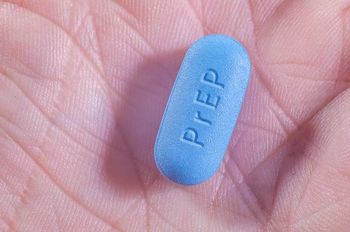
Investigators find that only 48% of surveyed health care providers had ever prescribed PrEP.
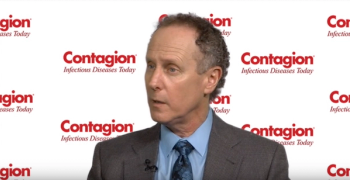
Eric Daar, MD, explains how gene editing therapy can be used to move the HIV cure agenda forward.
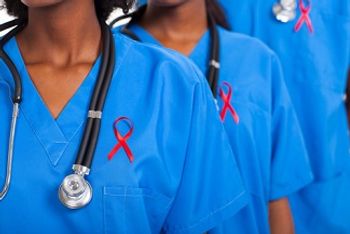
Study results indicate that patients with HIV are willing to wait at least 19 hours or travel up to 28 miles to see a “nice” provider.
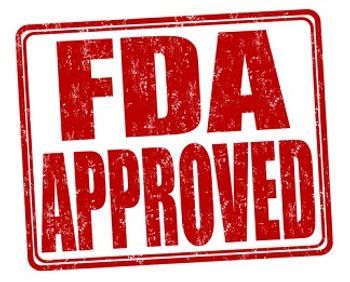
The FDA has approved 2 new treatments for HIV: a once-daily fixed-dose combination tablet of doravirine, lamivudine, and tenofovir disoproxil fumarate; and doravirine, a new NNRTI to be administered in combination with other antiretroviral medicines.
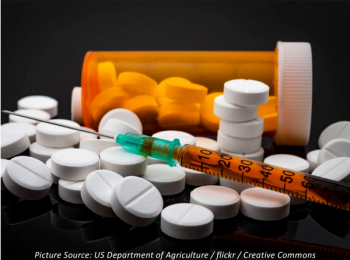
Two public health experts discuss the recent rapid increase in incidence of infectious diseases that has been linked with injection drug use.

Stay up-to-date on the latest infectious disease news by checking out our top 5 articles of the week.
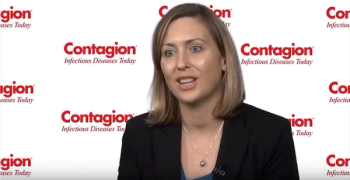
Colleen Kelley, MD, the biggest barriers to HIV prevention methods and how to overcome them.
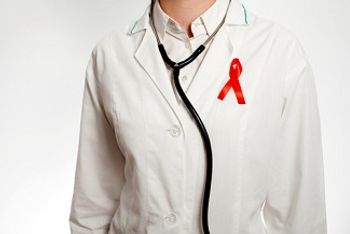
Closing treatment gaps is critical to ending the HIV epidemic in the United States.
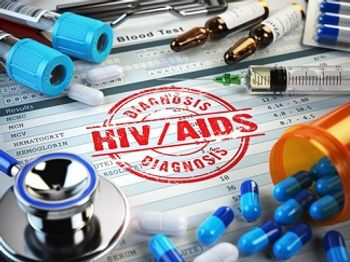
Medication advancements offer more options and formulations for treating pediatric patients living with HIV.
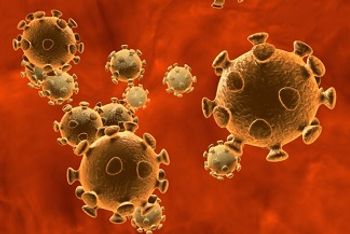
New research from Johns Hopkins reveals that 2 genes, CMPK2 and BCLG, are selectively activated in the presence of type 1 interferon.
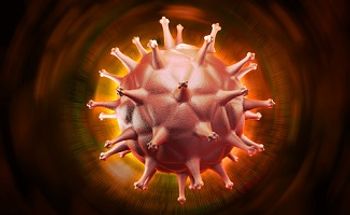
Use of ibalizumab in combination with other HIV treatment could be an effective option for adults with advanced drug-resistant HIV.
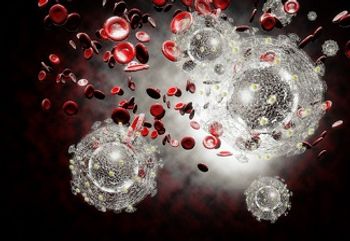
A phase 3 trial has met its primary endpoint, showing a similar efficacy of a once-a-month injectable 2DR of cabotegravir and rilpivirine compared to daily, oral 3DR.
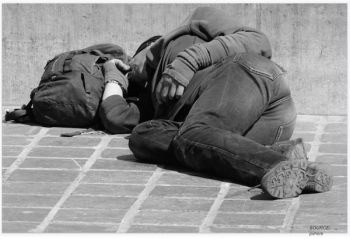
The results of a study published by JAMA Internal Medicine are a call to action for cities facing homelessness crises.
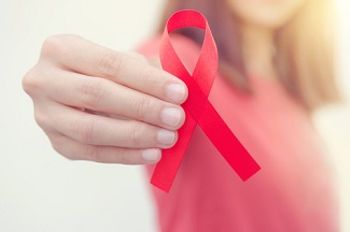
The method uses genetic sequencing to pinpoint the source of new infections following a community intervention, therefore measuring the impact of the intervention.
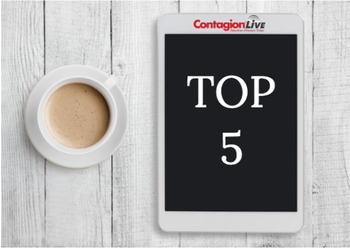
Stay up-to-date on the latest infectious disease news by checking out our top 5 articles of the week.

New research shows that incidences of suicidality were higher among patients who were prescribed EFV compared to a control group; the results indicate that EFV, rather that treatment initiation timelines, were correlated with suicidal behavior.
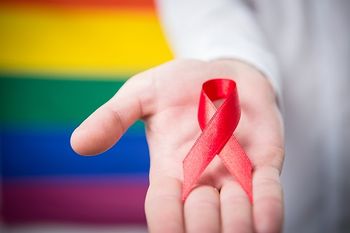
Science doesn’t support legal punishment of HIV-positive people.
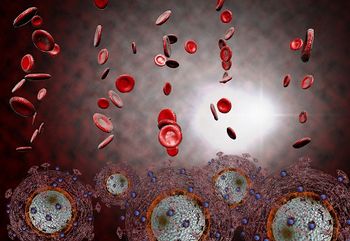
A new CDC analysis underscores the need for HIV testing programs in the southern part of the United States to improve linkage medical care among HIV-positive black men who have sex with men (MSM).
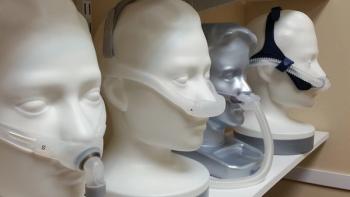
OSA is largely untreated in HIV patients, and this lack of treatment likely contributes to further comorbidity complications associated with the virus.
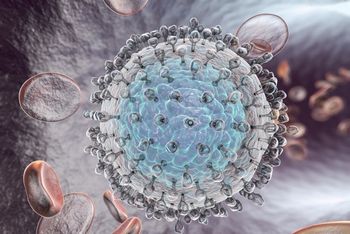
Eradication of HCV in patients with HIV results in reduction of CD4+ and CD8+ T cell immune activation.
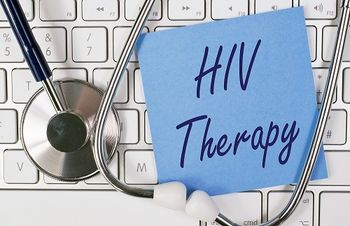
At week 96, 73.1% of patients infected with HIV-1 and treated with once-daily doravirine + other ART medications, achieved viral suppression.
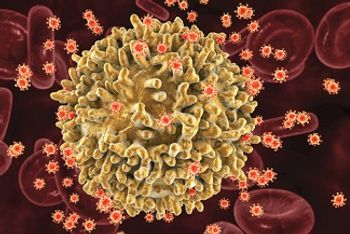
Investigators report results of the first randomized clinical trial to test a novel strategy to wake up and kill dormant HIV hiding in reservoir cells.
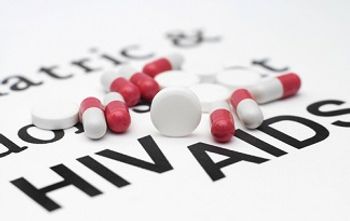
Dolutegravir and lamivudine combination regimen met primary endpoint in 2 phase 3 studies of treatment-naïve patients with HIV.